In the aftermath of the 2024 Pakistani elections, a significant political development unfolded as the two major political entities, the Pakistan Muslim League-Nawaz (PML-N) led by Nawaz Sharif, and the Pakistan Peoples Party (PPP) led by Bilawal Bhutto-Zardari, announced a coalition to collectively govern the nation. This move came in response to Imran Khan's Pakistan Tehreek-e-Insaf (PTI), despite securing the most seats as independent candidates, falling short of a majority, thereby prompting the PML-N and PPP to collaborate in forming the government. However, this coalition raised questions regarding leadership, the allocation of key roles, and the feasibility of their partnership.
A joint press conference held on Tuesday showcased prominent leaders including Shehbaz Sharif from PML-N, Asif Ali Zardari from PPP, and representatives from smaller parties. Shehbaz Sharif, the PML-N president, emerged as the potential candidate for prime minister and expressed a willingness to include Imran Khan's PTI in the government for the betterment of the country.
The PPP's decision to withdraw its chairman, Bilawal Bhutto-Zardari, from the prime ministerial race signaled a strategic move to support the PML-N. Bilawal Bhutto-Zardari acknowledged his party's insufficient mandate to lead the government and clarified that the PPP rejected a coalition with the PTI, opting instead to accept the PML-N's invitation, citing the PTI's refusal to collaborate.
Marriyum Aurangzeb, a leader of PML-N, announced that Nawaz Sharif, 74, nominated his younger brother Shehbaz Sharif, 72, as the next Pakistan PM pick. In a statement, she mentioned, "Nawaz Sharif has thanked the political parties which provided support to the PML-N (in forming the upcoming government) and expressed hope that through such decisions Pakistan will come out of crises."
However, Imran Khan, currently in jail on corruption charges, ruled out cooperation, setting the stage for potential political tensions. The distribution of key positions within the coalition remained unclear, leaving room for negotiations and speculation.
In terms of numbers, the coalition faced the challenge of forming a government with a minimum required number of 169 seats and potentially reaching a two-thirds majority of 224 seats in the 336-member Pakistan National Assembly. The Election Commission of Pakistan confirmed that the coalition led by Shehbaz Sharif, comprising PML-N, PPP, MQM-P, PML-Q, IPP, and BAP, secured a total of 152 general seats in the recent elections. With the addition of 60 women and 10 minority seats, the coalition surpassed the minimum requirement of 169 seats needed to form a government. However, the crucial hurdle remained reaching the 224-seat mark for a two-thirds majority in the 336-member Assembly. The fate of reserved seats depended on the decisions of 101 independents, including 92 PTI-backed independents who emerged victorious.
Internally, the PML-N's announcement of Shehbaz Sharif as the prime ministerial candidate initially suggested a preference for Nawaz Sharif to return to office. Later, it was clarified that Nawaz Sharif endorsed Shehbaz as the leader. Additionally, Maryam Nawaz, Nawaz Sharif's daughter, was designated as the coalition's candidate for the position of Punjab province chief minister. Asif Ali Zardari, co-chairman of PPP, advocated for inclusivity by suggesting talks with Imran Khan's PTI.
Challenges and unanswered questions emerged as the joint press conference left several key issues unresolved, creating uncertainty about the coalition's stability and ability to form a functional government. The absence of details on the distribution of key roles and the process of government formation underscored the need for further negotiations among the coalition partners. Allegations of vote-rigging during the elections, with the nation's mobile network being switched off on election day, added an element of controversy. Imran Khan announced plans to challenge the election results in the Supreme Court.
In conclusion, the success of this coalition in forming the next government hinges on effective negotiations, internal cohesion, and addressing the challenges posed by allegations of election irregularities.







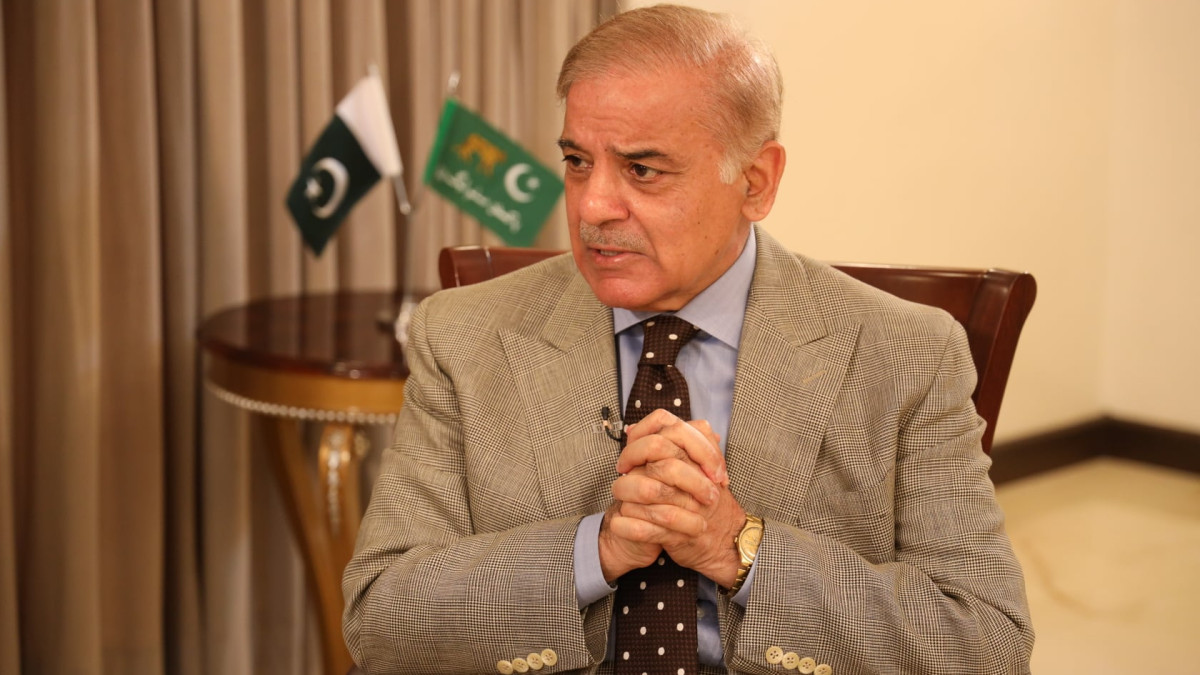
 OpinionExpress.In
OpinionExpress.In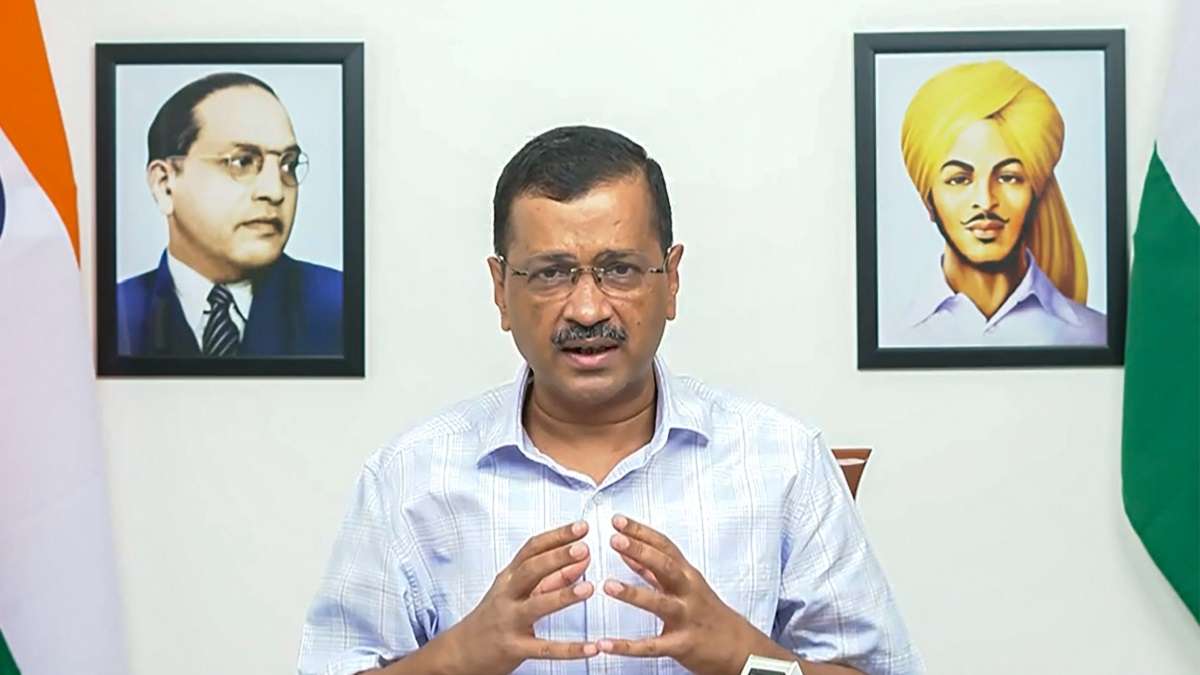
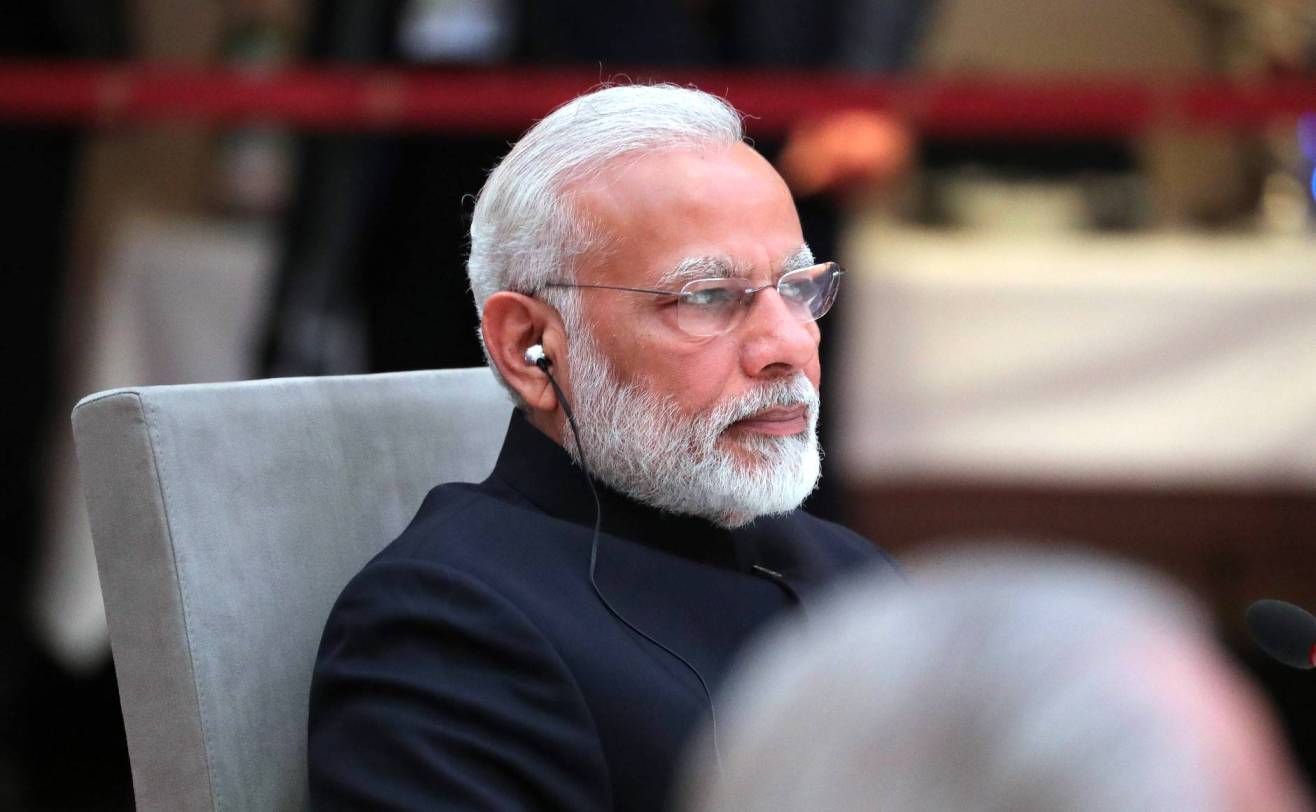
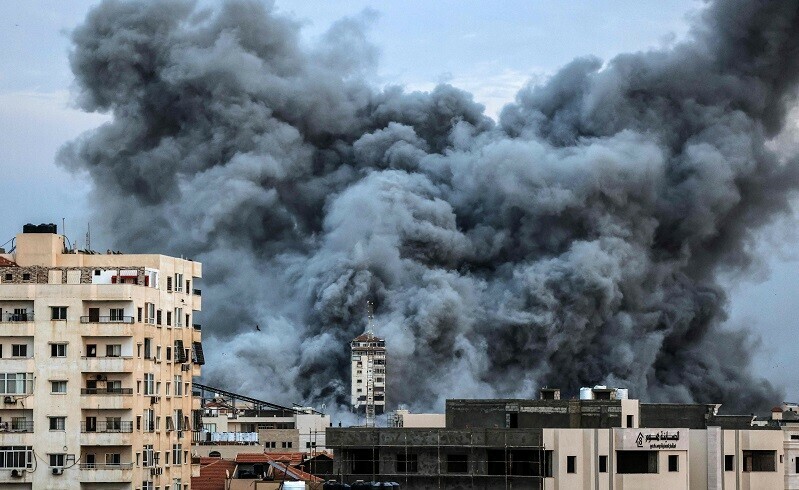
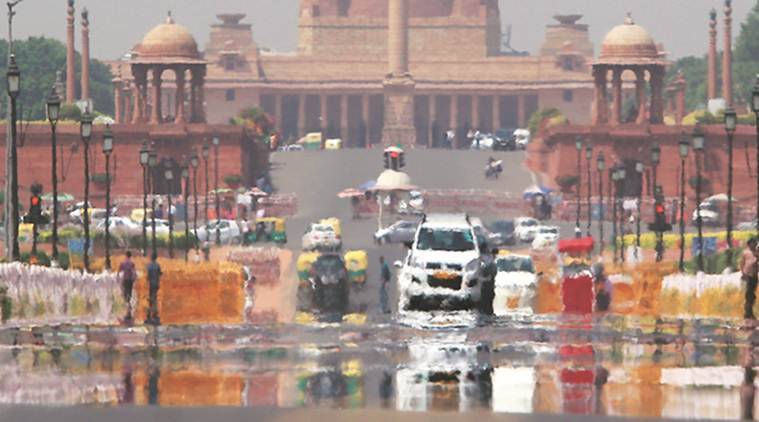
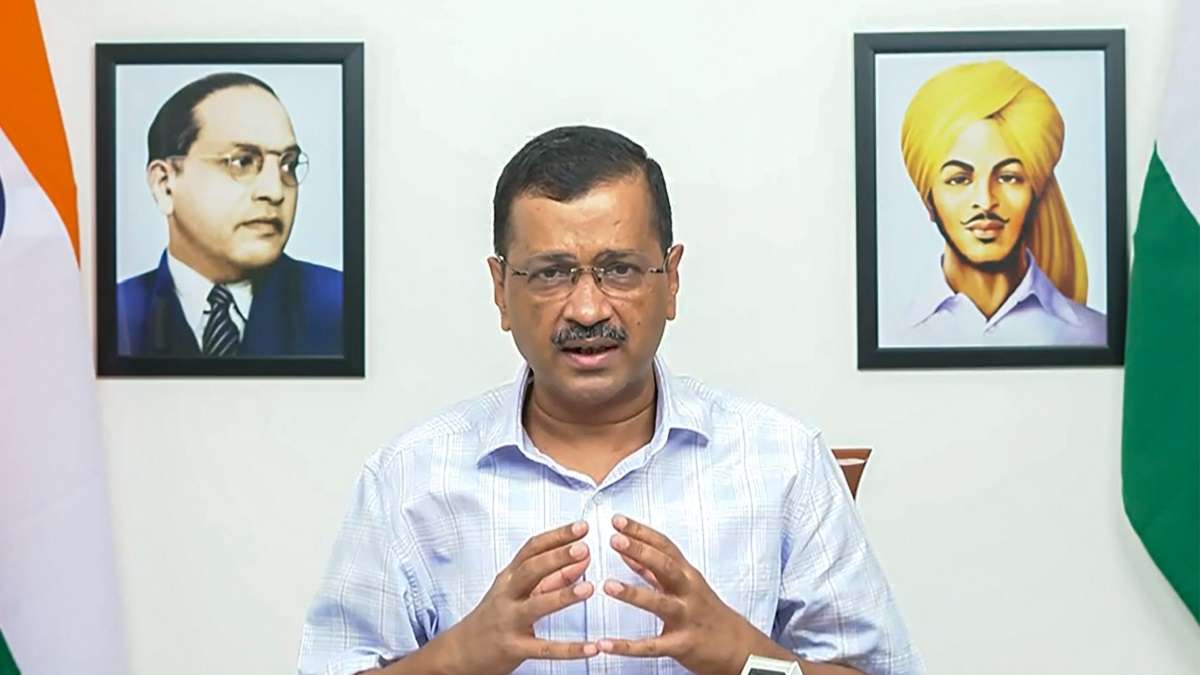
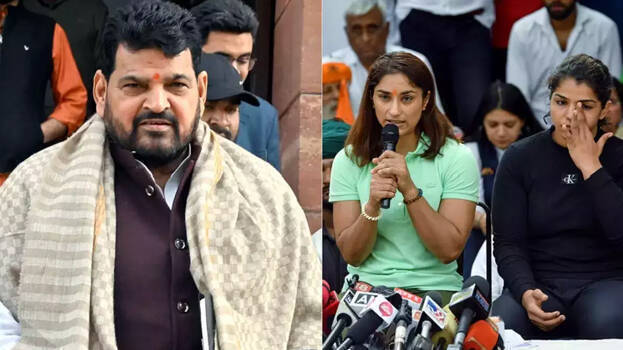
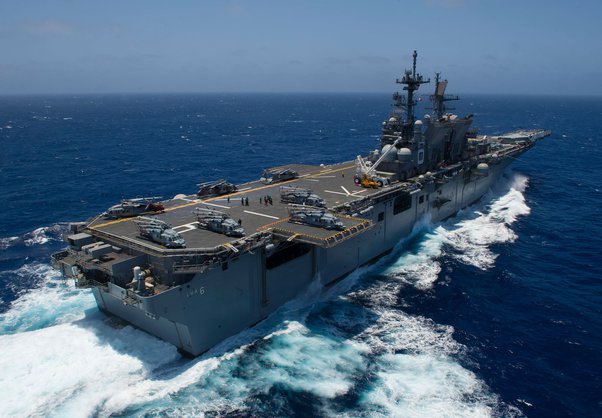
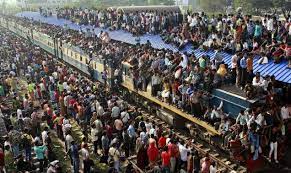
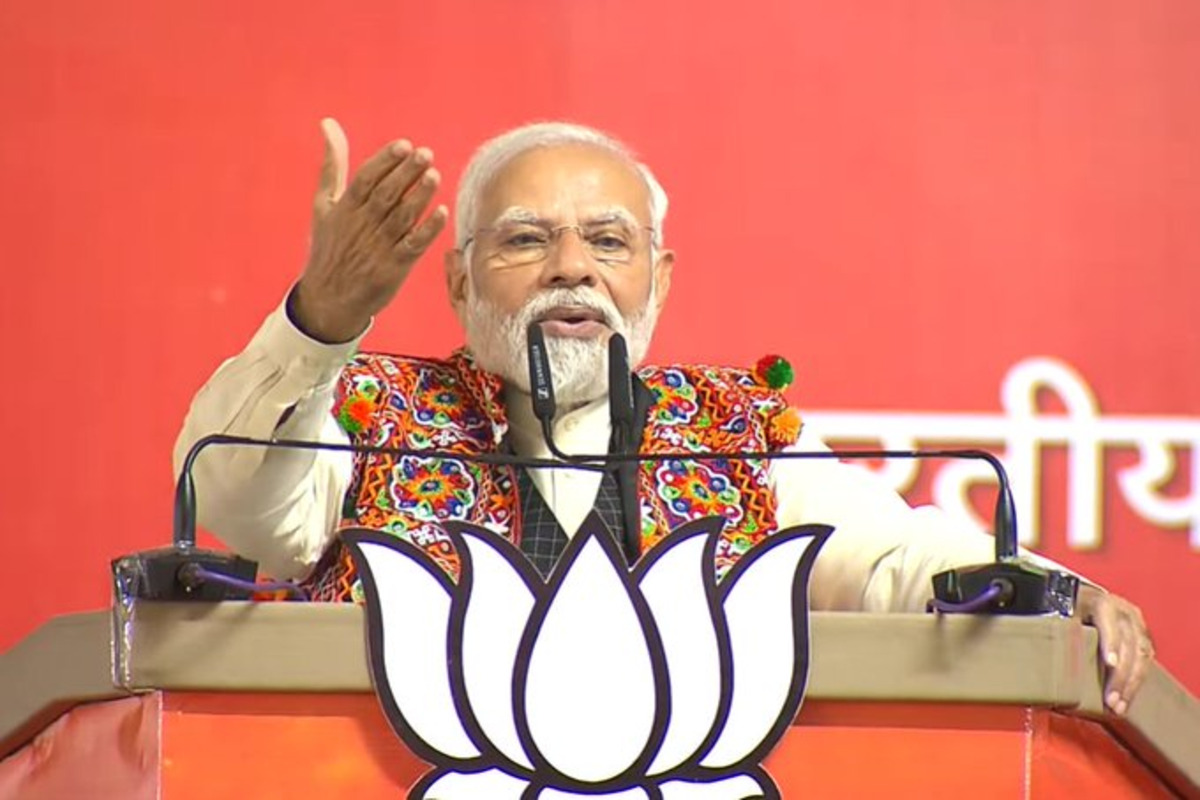
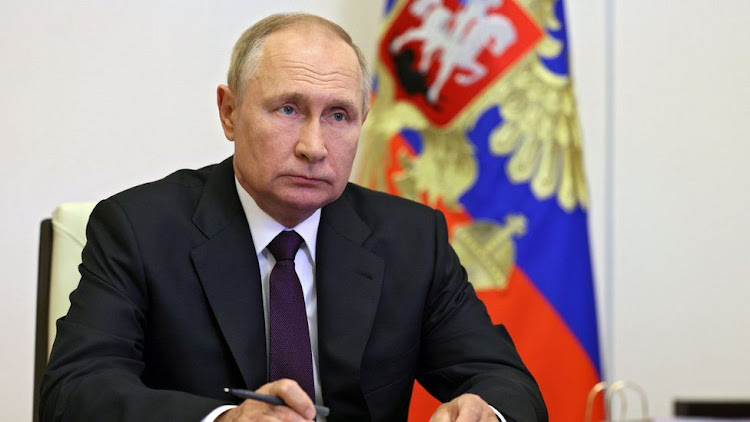






Comments (0)